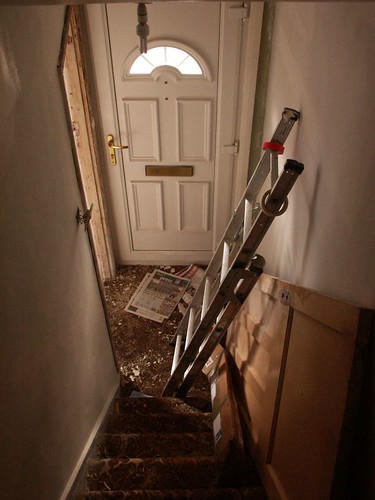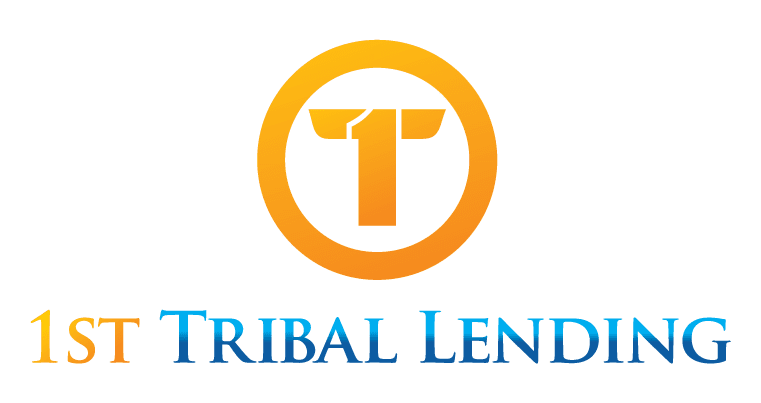
With the introduction of the Bureau of Indian Affairs (BIA) and ONAP (Office of Native American Programs), tribes were now able, since they are sovereign nations, to be direct recipients of federal funding from the United States Department of Housing and Urban Development. These tribes decided to designate an entity to administer its housing program. This entity is called a Tribally Designated Housing Entity or TDHE for short.
Native American Housing Assistance and Self-Determination Act
In 1996 the NAHASDA was passed and became a law that provides federal assistance for Indian tribes in a way that recognizes their right for tribal self-governance. This law gave tribes and their governments’ greater control over their housing program by consolidating a number of different federal housing programs that provided funding into one large block program. Through this Indian Housing Block Grant, tribes are able to self-determine:
- Plans
- Design
- Construction
- Maintenance
Each of these steps and processes help determine affordable housing on Native American reservations for Native communities. Regulations for the NAHASDA are negotiated every time the tribes need to reauthorize the statue and can be found in the Code of Federal Regulations at 24 CRF Part 1000, or here. Without the grant money, which provides a guarantee for the lenders, it would be extremely hard for Native Americans to have access to homeownership and be able to refinance or renovate.
Main Objectives of TDHE’s
TDHE’s are the ones who carry out the tribe’s housing assistance program. They operate under responsibilities and objectives including:
- Assist and promote affordable housing activities
- Develop and operate housing in a safe environment for Native Americans on reservations for occupancy, including low-income families
- Promote self-sufficiency
- Promote development of capital markets on Reservations and allow said markets to operate and grow, benefiting Native communities
- Ensure better access to private mortgage markets for Native American tribes and members
With the NAHASDA’s creation, it allowed for a landscape of the tribes being able to multiply funding through partnership with financial institutions and governments, use locally available materials and resources wisely, and preserve the existing housing that is available. Because TDHE’s have been given the responsibility of not only appropriating federal funding for housing, but for also attracting other resource to help supplement the money and funding that the government cannot meet. Working together, the government, the IRHA (Interior Regional Housing Authority), and the TDHE’s try to preserve housing in their regions, make homes safer, more comfortable for residents and more energy efficient to help save money.
Here is a list of all of the currently existing Tribally Designated Housing Entities and Tribal Housing Authorities which include:
- Alaska Region
- Northwest Region: Idaho, Oregon, Washington
- Southwest Region: Arizona, California, ew Mexico, Nevada
- Northern Plains Region: Colorado, Montana, North Dakota, Nebraska, South Dakota, Utah, Wyoming
- Southern Plains Region: Kansas, Louisiana, Missouri, Oklahoma, Texas
- Eastern Woodlands Region: Alabama, Connecticut, Florida, Massachusetts, Maine, Michigan, Minnesota, Mississippi, North Carolina, New York, Rhode Island, South Carolina, Virginia, and Wisconsin
One thing to keep in mind and remember though is that although both NAHASDA and HUD 184 are under HUD, they are two different programs. It’s easy to confuse the fact that NAHASDA and HUD 184 are the same, but in fact they are not. If the housing authority chooses to use the 184 in their NAHASDA grant, they are able to, but 184 does not need NAHASDA to operate. While 184 is more of an ‘insurance’ for lenders all across the nation, NAHASA is a block of money that all tribes across the United States can apply for.
If you have questions about a Tribally Designated Housing Entity or need any clarification on what was covered in this post, please feel free to leave a comment or contact 1st Tribal Lending with your question privately.
